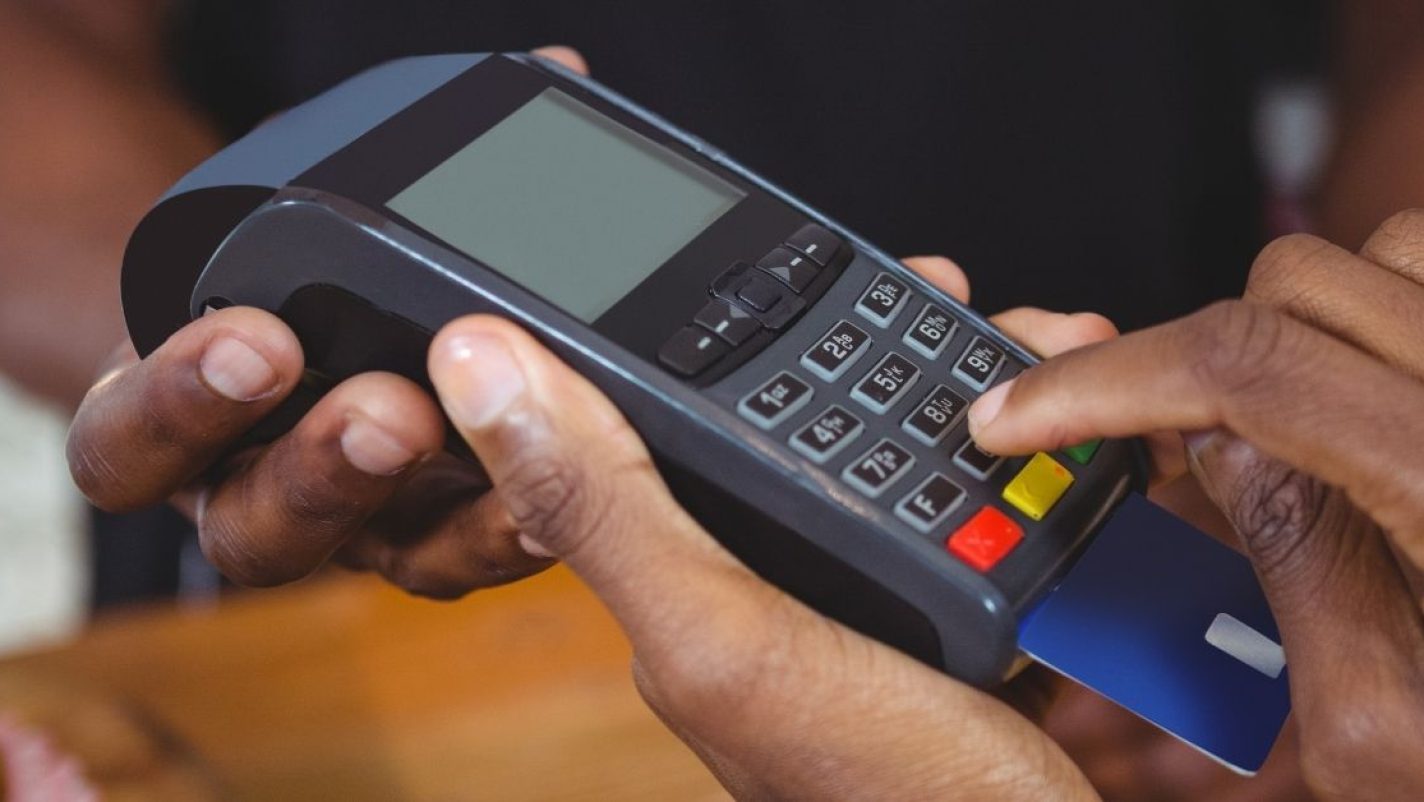The Central Bank of Nigeria (CBN) says it will withdraw the licenses of Point of Sale (PoS) agents caught inflating the charges on customers.
Daily Trust reports that POS operators have been collecting between N1000, N1500 and N2000 charges for every N5000 and N10,000 withdrawn by customers and N300 charges for every N1000.
In a chat with journalists in Edo State, Director, CBN Risk Management department, laise Ijebor, said the approved charge for every N5,000 is N100 and anything done contrary to that is tantamount to punishing their fellow citizens.
He said the apex bank was aware that POS agents were engaging in sharp practices by charging customers up to 30 percent before giving them money.
“We are monitoring the situation and anyone caught would have his or her license withdrawn and would not be in the business because we are going round with the Economic Financial Crimes Commission (EFCC),” Ijebor said.
Ijebor charged Nigerians to use alternative means of making payment for business transaction, saying “we have bank apps, USSID, POS and ATM machine to make payment”
“Customer should not be agitated, there is no need for any tension because your money is safe in the bank for now just get the little cash you need while using alternative means available to make payment”
While assuring that the CBN is working with the state government to improve the situation, he said they disbursed closed N1 billion to banks between Sunday and Tuesday.
“We gave banks about N400m on Sunday, N200m on Monday, and on Tuesday(Today), we have given N460m. So, we are pushing out money.”
“We are expecting a shipment of new notes. When that comes, we will move it into ATMs. I am hoping and praying that those ATMs that are empty now a lot will start working by tomorrow,” he added.
On his, the commissioner for Communication and Orientation, Chris Nehikhare, also charged the people to use alternative means of making payments, assuring that the state government will join hands with the CBN in ensuring availability of cash through effective monitoring.

 Join Daily Trust WhatsApp Community For Quick Access To News and Happenings Around You.
Join Daily Trust WhatsApp Community For Quick Access To News and Happenings Around You.


